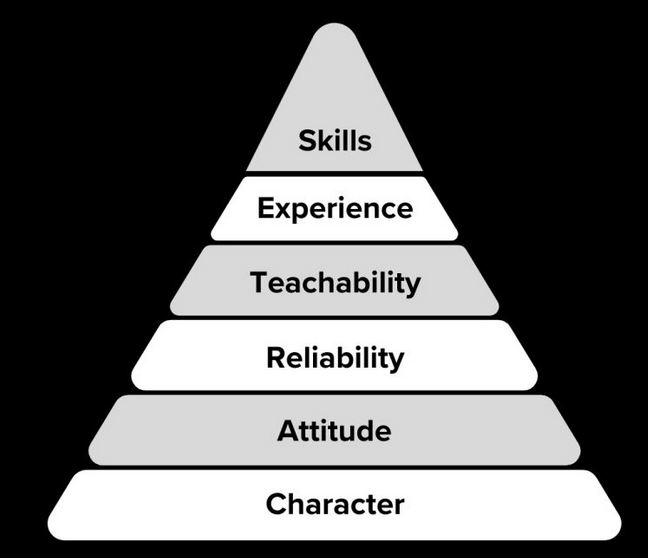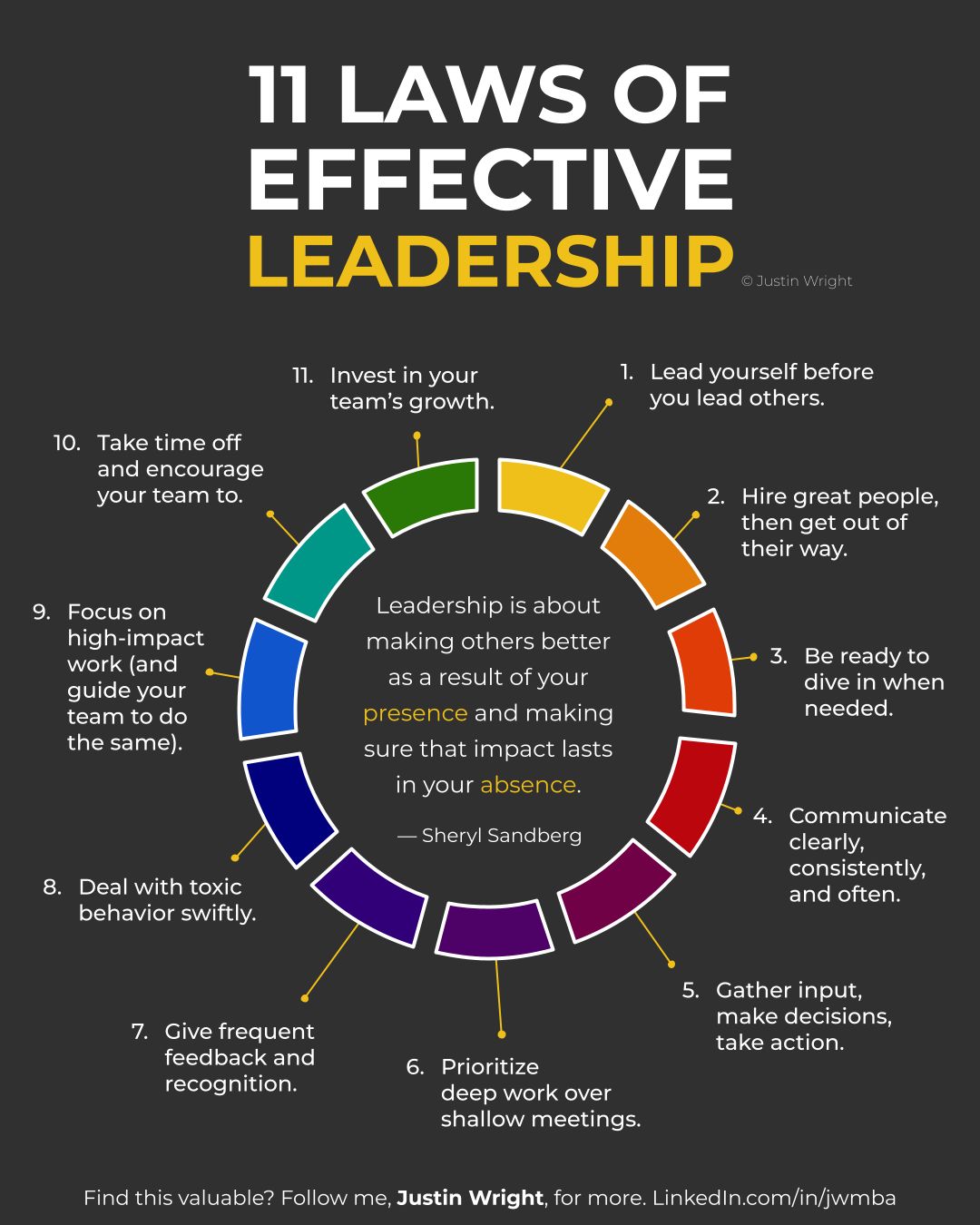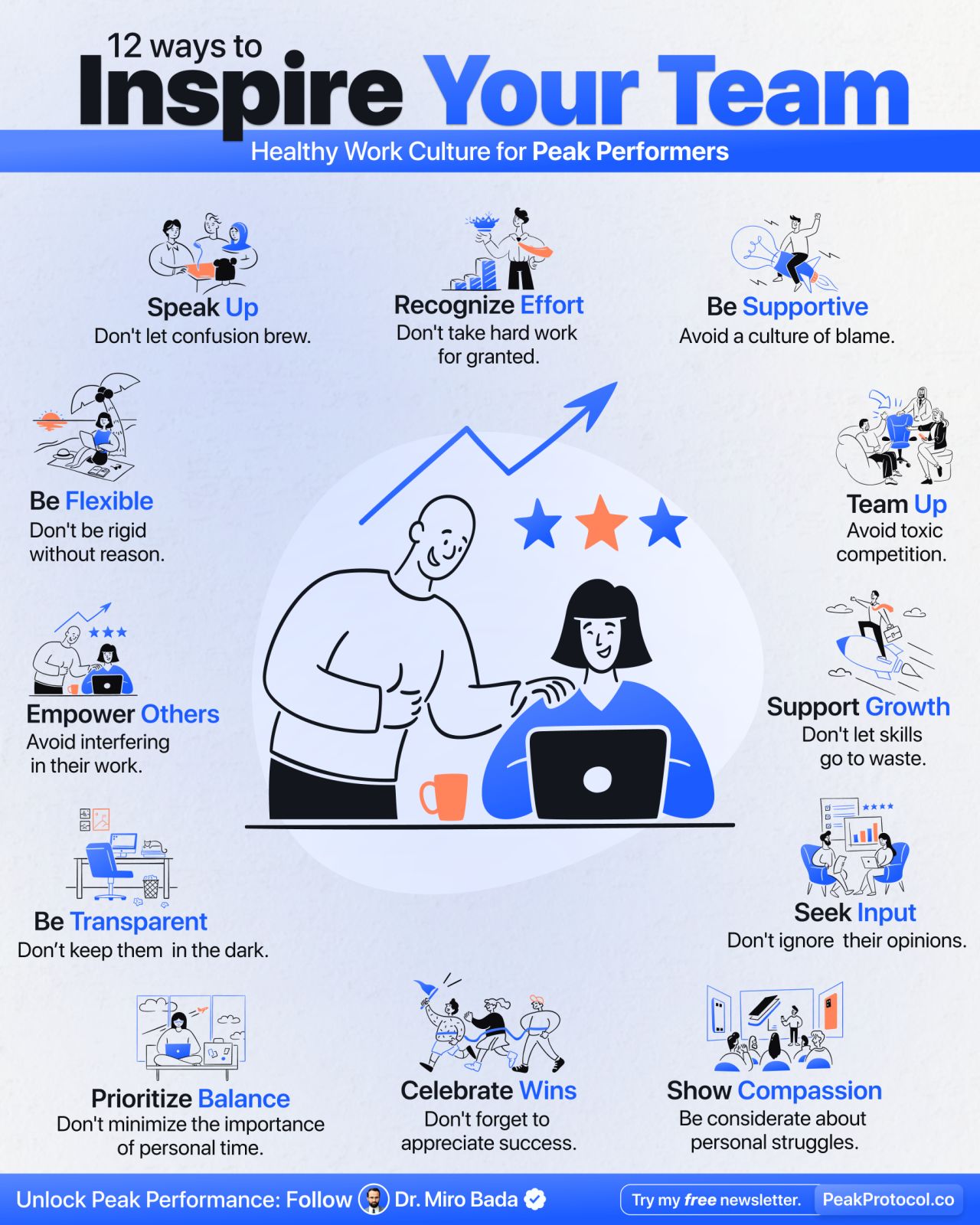Views : 66





3Dprinting (179) A.I. (900) animation (353) blender (217) colour (241) commercials (53) composition (154) cool (368) design (657) Featured (91) hardware (317) IOS (109) jokes (140) lighting (300) modeling (156) music (189) photogrammetry (197) photography (757) production (1308) python (101) quotes (498) reference (317) software (1379) trailers (308) ves (573) VR (221)
POPULAR SEARCHES unreal | pipeline | virtual production | free | learn | photoshop | 360 | macro | google | nvidia | resolution | open source | hdri | real-time | photography basics | nuke
Category: quotes
-
THE THEORY THAT CONSCIOUSNESS IS A QUANTUM SYSTEM
https://mindmatters.ai/2024/01/the-theory-that-consciousness-is-a-quantum-system-gains-support/
In short, it says that consciousness arises when gravitational instabilities in the fundamental structure of space-time collapse quantum wave functions in tiny structures called microtubules that are found inside neurons – and, in fact, in all complex cells.
In quantum theory, a particle does not really exist as a tiny bit of matter located somewhere but rather as a cloud of probabilities. If observed, it collapses into the state in which it was observed. Penrose has postulated that “each time a quantum wave function collapses in this way in the brain, it gives rise to a moment of conscious experience.”
Hameroff has been studying proteins known as tubulins inside the microtubules of neurons. He postulates that “microtubules inside neurons could be exploiting quantum effects, somehow translating gravitationally induced wave function collapse into consciousness, as Penrose had suggested.” Thus was born a collaboration, though their seminal 1996 paper failed to gain much traction.
-
Requirements for Roman Empire’s army recruiting, hiring and interviews
- Physique (everyone had to be the same height and be able to raise the same shield to cover the group)
- Lively eyes (indicator of quick thinking)
- Good manners (indicator of obey orders and show respect)
- A reputable, educated family
- A sense of humour (indicator of positive attitude and perspective)
- Literacy (indicator of good judgment and prioritization)

-
Quiet Quitting at work – Causes and remedies
Quiet quitting isn’t about leaving a job.
It’s when people stay but mentally check out. They do the bare minimum. No excitement. No extra effort.It’s a silent alarm. Your team may be losing interest right under your nose.
And it’s a big deal. Why?
- Because it affects:
- Your team’s morale
- Your team’s productivity
- Your company’s profitability
- And everyone’s overall success
- Resources are already stretched thin.
- You need to get the best from your team.
What can employers do? Many of the causes are within your control:
➡️ Listen Well
Talk to your team often.
Listen to what they say. Then take action.➡️ Recognize Efforts
Public recognition can boost morale.
A simple “thank you” goes a long way.➡️ Promote Balance
Allow time for life outside work.
Overworked employees burn out.➡️ Give Chances to Grow
Invest in them. Provide training.
Show them a career path.➡️ Build a Positive Culture
Ensure everyone feels valued and respected.➡️ Set Clear Goals
Clearly define roles. Tell them what you expect.➡️ Lead by Example
Show excitement. Work hard.
Be the way you want them to be.Quiet quitting isn’t just an employee issue. It’s a leadership opportunity. It’s a chance to re-engage, re-inspire, and revitalize your workplace.
Resources
https://www.cbsnews.com/news/workers-disengaged-quiet-quitting-their-jobs-gallup/
https://www.gallup.com/workplace/349484/state-of-the-global-workplace.aspx
-
Decapitalising our minds: the key to addressing climate change
Capitalism is the root cause of our ecological crisis and the key barrier to solving it.
There are two reasons for this. Firstly, capitalism cannot exist without economic growth, and economic growth is the main reason why our emissions have been increasing over the last 30 years and further growth will make it impossible to decarbonise in time to avoid activating tipping points.
Secondly, our minds have been shaped by capitalism and it is stopping us from seeing both the role capitalism plays in the cause of climate change and the full scope of solutions available to address the crisis. Social psychologist, Professor Harald Welzer, sums this up well, describing economic growth of industrial societies as “enshrined in business and politics, but also in the psychological structure of the people who grow up in such societies.”
https://erinremblance.substack.com/p/decapitalising-our-minds-the-key
There are six key ways in which capitalism shapes our minds. Under capitalism we, collectively, believe:
- Nature is nothing more than a ‘resource’ to be exploited
- Our power lies in either our consumption habits or our employment
- Success lies in evermore material items and novel experiences
- People are a ‘resource’ and must earn their living
- Money is scarce and the government must make choices
- We must compete with others
This ‘capitalisation’ of our minds creates a barrier to solving the climate crisis in many ways, including:
- denial that the crisis exists because the solutions don’t fit one’s capitalistic ideology;
- disinterest and disengagement with the crisis because nature is for others to focus on;
- unconscious of how our minds are shaped by capitalism, we:
- champion solutions that are well-intentioned but inadequate because they assume mythical ‘green-growth’;
- implement targets that aren’t supported by policies to achieve them, instead relying on technology that doesn’t currently exist to cover the gap.
Unsurprisingly, the mindset we need to address the climate crisis is the exact opposite of the mindset described above.
-
Survivorship Bias: The error resulting from systematically focusing on successes and ignoring failures. How a young statistician saved his planes during WW2.
A young statistician saved their lives.
His insight (and how it can change yours):
(more…)
During World War II, the U.S. wanted to add reinforcement armor to specific areas of its planes.
Analysts examined returning bombers, plotted the bullet holes and damage on them (as in the image below), and came to the conclusion that adding armor to the tail, body, and wings would improve their odds of survival.
But a young statistician named Abraham Wald noted that this would be a tragic mistake. By only plotting data on the planes that returned, they were systematically omitting the data on a critical, informative subset: The planes that were damaged and unable to return. -
VFX Pros Expose The Hidden Costs of Marketing Selling a Movie as “Real” and Underselling Digital Work
Visual effects make the impossible possible and thrill audiences, but the artists who toil over delicate and groundbreaking work don’t always get to take a bow—or in some cases, even acknowledge the existence of their work.
The source adds that sometimes there’s a blatant directive that “there will be no discussion of VFX. … We don’t want to overshadow the actors [or] we don’t want to break the mythology that somebody did all of these stunts.”
-
Antonio de Curtis, Totò On life as an Artist
I’m very lonely: not terribly lonely. Because I love being alone. I need to be alone: to contemplate, to think. Sometimes even the people I love bother me: my daughter, my wife. And when it happens, quietly, I get up and go to my room. Yes, it’s difficult to live with me: this is a reproach that my mates have always addressed to me, and that Franca also addressed to me at the beginning. Now Franca has become accustomed to it, she finds this life normal even though she is very young.
I understood it, you know? I understood that she would like to go to places, to nightclubs. But I don’t like it, I never have. When I see that false amusement, I can’t help but think that behind each of those people there is a drama: the pianist perhaps has broken shoes, the industrialist has bills that are due, the hostess has her son. sick… I told them: I am a misanthrope, the basis of my life is the house.
The house, for me, is a fortress, almost a person. When I enter I always greet you like a person: “Good evening, home.” Today, for example, Franca is in Lugano and I am alone at home. Well: I’m fine with it.
Antonio de Curtis, Totò
Original version
-
10 Difficult Skills that Pay Off Forever
- Working out consistently
- Personal Finance Skills
- Meditation
- Communication
- Waking up early
- Public Speaking
- Be honest within
- Leadership
- Decision Making
- Listening
-
Leadership, empathy and integrity

12 Ways to Inspire Your Team
How Peak Performers Create Healthy Work Culture- Speak Up!
– Communicate openly.
– Don’t let misunderstandings brew. - Be Supportive
– Avoid fostering a culture of blame.
– Encourage cooperation. - Recognize Effort
– Don’t take hard work for granted.
– Their effort matters. - Team Up
– Avoid promoting unhealthy competition.
– Encourage synergy. - Flex Work Policies
– Don’t rigidly stick to hours if not needed.
– Just get things done. - Support Growth
– Don’t let their skills stagnate.
– Encourage continuous learning. - Involve them in decisions
– Don’t disregard their opinions.
– Their ideas matter. - Highlight Work-life balance
– Don’t overlook personal time.
– This is crucial for mental health. - Share Everything
– Avoid keeping employees in the dark.
– Be transparent about company changes. - Celebrate Wins
– Don’t forget to appreciate success.
– Every success is noteworthy. - Show Compassion
– Don’t be insensitive to personal struggles.
– We all face tough times. - Empower employees
– Avoid unnecessary interference in their roles.
– Trust and let go.

- Speak Up!
-
AI and the Law – EU AI Act
https://artificialintelligenceact.eu
The AI Act is a proposed European law on artificial intelligence (AI) – the first law on AI by a major regulator anywhere. The law assigns applications of AI to three risk categories. First, applications and systems that create an unacceptable risk, such as government-run social scoring of the type used in China, are banned. Second, high-risk applications, such as a CV-scanning tool that ranks job applicants, are subject to specific legal requirements. Lastly, applications not explicitly banned or listed as high-risk are largely left unregulated.

-
PhD Frederick Travis explains that the concept “We create our reality”
Frederick Travis, PhD, director of the Center for Brain, Consciousness and Cognition, explains that the concept “We create our reality” is more than a philosophical statement. It is a physical reality driven by neural plasticity—every experience changes the brain. Therefore, choose transcendental experiences and higher states of consciousness naturally unfold.
-
Every Political Ideology and Government
https://youtu.be/9cz4ikFcwMY?si=OSeQk8k6i8yO4r6f
https://youtu.be/rtUg_itWEz8?si=_A2I_ECHzjQDZ3x4
COLLECTIONS
| Featured AI
| Design And Composition
| Explore posts
POPULAR SEARCHES
unreal | pipeline | virtual production | free | learn | photoshop | 360 | macro | google | nvidia | resolution | open source | hdri | real-time | photography basics | nuke
FEATURED POSTS
-
UV maps
-
Mastering The Art Of Photography – PixelSham.com Photography Basics
-
Methods for creating motion blur in Stop motion
-
Rec-2020 – TVs new color gamut standard used by Dolby Vision?
-
AI and the Law – Netflix : Using Generative AI in Content Production
-
Top 3D Printing Website Resources
-
Web vs Printing or digital RGB vs CMYK
-
QR code logos
Social Links
DISCLAIMER – Links and images on this website may be protected by the respective owners’ copyright. All data submitted by users through this site shall be treated as freely available to share.


Sono molto solo: non terribilmente solo. Perché io amo esser solo. Ho bisogno di essere solo: per contemplare, per pensare. A volte mi danno noia perfino le persone che amo: mia figlia, mia moglie. E, quando accade, zitto zitto, mi alzo e vado in camera mia. Sì, è difficile viver con me: questo è un rimprovero che le mie compagne mi hanno sempre rivolto, che all’ inizio mi rivolgeva anche Franca. Ora Franca vi si è assuefatta, trova questa vita normale sebbene sia giovanissima.
La capivo, sa? Capivo che le sarebbe piaciuto andare nei posti, nei night. Ma a me non piace, non è mai piaciuto. Io, quando vedo quel divertimento falso non posso fare a meno di pensare che dietro a ciascuna di quelle persone v’è un dramma: il pianista magari ha le scarpe rotte, l’industriale ha le cambiali che scadono, l’entraineuse ha il figlio ammalato… Gliel’ho detto: sono un misantropo, la base della mia vita è la casa.
La casa, per me, è una fortezza, quasi una persona. Quando vi entro la saluto sempre come una persona: «Buonasera, casa». Oggi, per esempio, Franca è a Lugano e in casa son solo. Be’: ci sto benissimo.
Antonio de Curtis, Totò